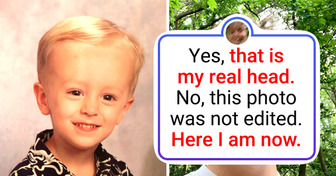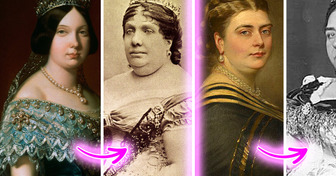“It Looks Like She Dissolved Some of That Awful Filler She Had,” Jennifer Aniston Debuted a New Look
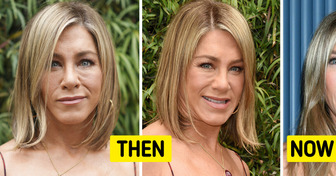
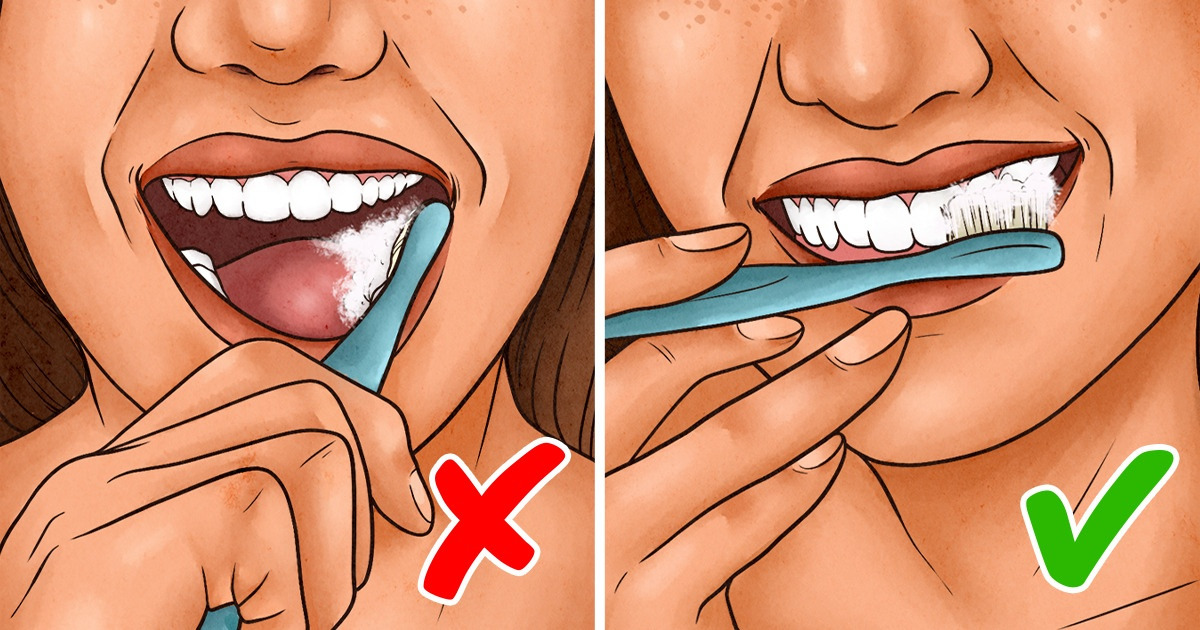
Around 3.5 billion people are affected by oral diseases and in many cases people leave them untreated. Maybe it’s the high cost of dental work and the fact that it’s not usually a part of health coverage that doesn’t make it a priority for people. However, before we reach the stage where there is a problem, there are things we could be doing to try and keep our teeth as healthy as possible.
Now I’ve Seen Everything has gathered a few tips and facts about our teeth that might give you a good idea of what is best for them.
If you’ve ever felt a sudden sharp pain when you consume something hot or cold, this might be a sign that your teeth are overly sensitive. Tooth sensitivity can happen for various reasons, and one of them is weak tooth enamel. Because brushing your teeth immediately after eating certain foods can increase tooth sensitivity, it’s better to prevent this unpleasant side effect and brush your teeth before eating.
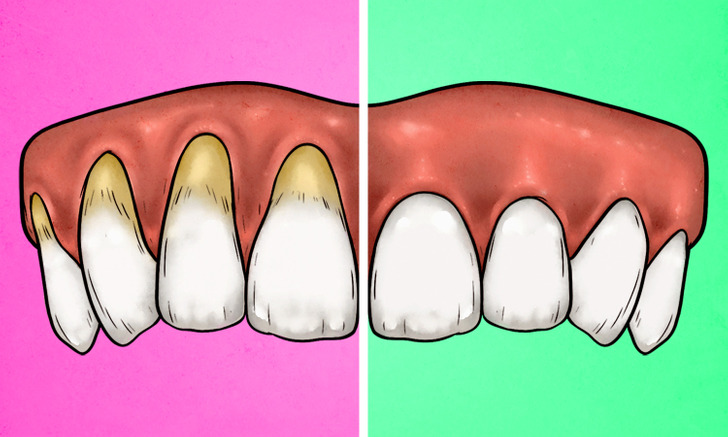
Each and every one of our teeth are protected by enamel, which can be severely harmed by over-brushing. And by harming enamel, our gums may start to recede, exposing the roots of our teeth to great danger. If your teeth reach that point, you might need to add fillings, root canals, or even extract teeth that are no longer healthy. According to dentists, about 10%-20% of the population around the world has damaged their gums due to over-brushing.
Changing your eating habits and switching to a healthy diet always helps boost your health, no matter what your goal is. A study published in The British Medical Journal suggested that a change in diet can actually reverse tooth decay. We already know that the consumption of products rich in sugar leads to teeth decay. However, if you change your eating habits, you may never face such a problem.
What you need: kaolin clay
How to use: Just apply the kaolin clay on your teeth and brush them well with a toothbrush. Don’t use much pressure, do it gently. Then rinse your mouth with clean water.
We’ve already discussed eliminating sweets and candy from your diet, but there’s one more thing you can do to help your saliva fight dental plaque. Vitamins are essential for establishing the good health of your teeth.
We need our toothpaste to be abrasive enough so that it does its job and cleans our teeth as it should. However, high abrasive toothpaste does more than that and removes the enamel from our teeth. Instead of reading labels and searching to see how abrasive the ingredients are, there is another trick you can use.
Simply take a piece of foil and rub a small amount of your toothpaste on it. Then rinse it with plenty of water and see if there are any scratches left on the foil. The number of scratches will indicate just how abrasive the toothpaste is.
It might sound ironic, but chewing sugar-free gum can actually help you prevent tooth decay. When you chew, your mouth fills with saliva that can naturally wash off food remains, neutralize acids, strengthen tooth enamel, and fight diseases.
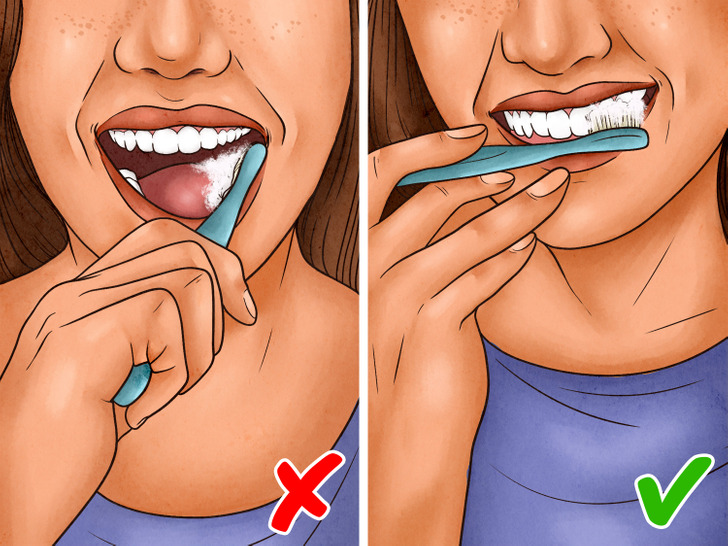
Holding your toothbrush like a pen will help you apply the right pressure to your teeth. This is because you can easily control the force you’re putting on your hand. On the contrary, when you hold your toothbrush with your fist, you can easily lose track of your force and overbrush. It’s not the pressure that will clean your teeth — the bristles have to be able to get in between all the teeth, removing plaque and other bacteria.
Do you have trouble with your teeth and what have you learned so far about your mouth’s health?










